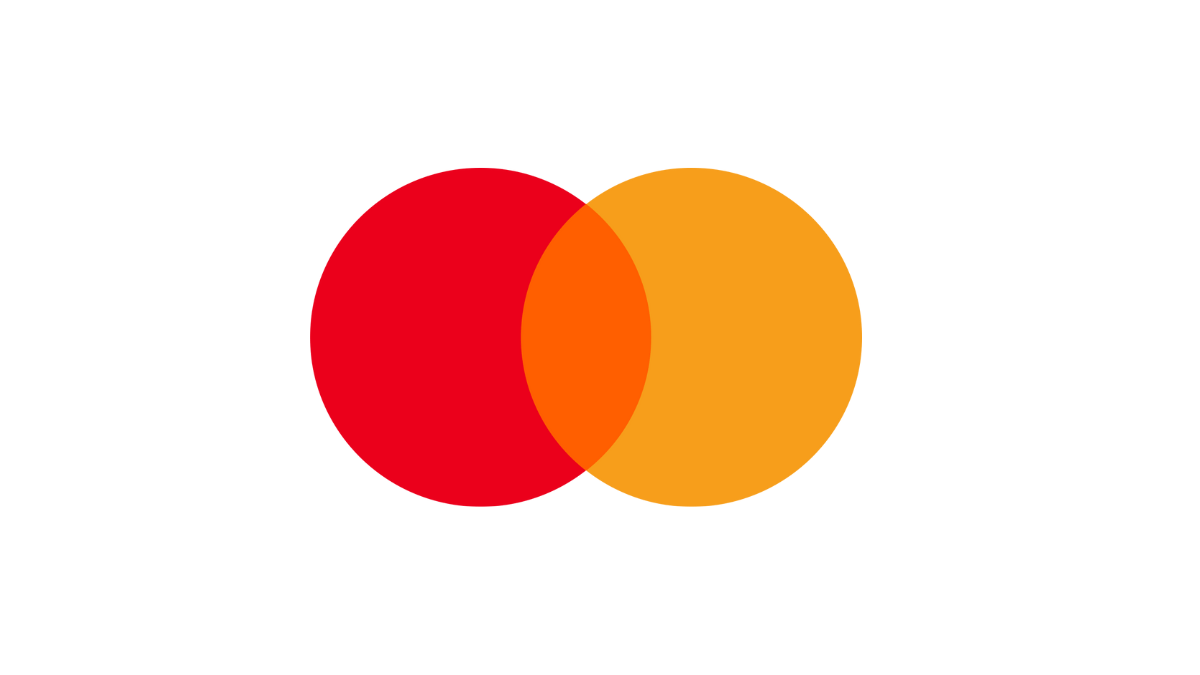Mastercard Incorporated is one of the leading global payments technology companies, with a market capitalization of approximately $400 billion. Founded in 1966 as Interbank, the company evolved through multiple innovations and partnerships before adopting the name MasterCard in 1979. Today, it operates in over 210 countries, enabling secure, fast, and reliable transactions for individuals, businesses, and governments worldwide.
History and Evolution
Mastercard began as a consortium of regional bankcard associations. Its original mission was to compete with BankAmericard (now Visa) by offering an alternative credit card network. Over time, the company expanded its services, adopted new technologies, and went public in 2006.
The rebranding to “Mastercard Incorporated” reflected its transformation from a mere card issuer to a technology-driven global payment facilitator. Similar to how JPMorgan Chase transitioned from traditional banking into fintech leadership, Mastercard’s success lies in its strategic reinvention.
Core Offerings and Product Innovation
Mastercard facilitates electronic payments across multiple platforms. Its core products include credit cards, debit cards, and prepaid cards. The company also leads innovations in contactless payments, mobile wallets, digital identity, and AI-driven fraud protection. Services like Masterpass and tokenization technology ensure both convenience and security for billions of users.
Technology Leadership and Digital Transformation
Technological excellence drives Mastercard’s strategy. The company invests heavily in open banking APIs, biometric authentication, blockchain research, and cybersecurity. Like Microsoft and NVIDIA, Mastercard leverages cutting-edge innovation to transform the user experience.
Global Expansion and Strategic Partnerships
Its collaborations with fintech startups and partnerships with government entities expand its influence across both developed and emerging markets. Mastercard has enabled digital identity verification in Africa, payment integration with wearables, and even blockchain pilots for interbank transfers—paralleling the digital evolution led by Meta Platforms and Apple.
Financial Strength and Business Model
Financially, Mastercard stands among the most resilient companies in the payments sector. Its fee-based model ensures scalable revenue growth with economic activity. The firm generated over $24 billion in annual revenue, with robust profit margins and a growing dividend yield—similar to diversified players like Berkshire Hathaway.
ESG, Inclusion, and Sustainability
In the ESG space, Mastercard leads with initiatives for carbon neutrality, financial inclusion, and small business development. Its Center for Inclusive Growth and commitment to bringing 1 billion people into the digital economy mirror broader sustainability goals akin to those of Tesla and The Home Depot.
Market Competition and Strategic Vision
Despite competition from Visa, AmEx, fintechs, and cryptocurrency platforms, Mastercard remains relevant through agility and innovation. Its strategic vision focuses on embedding payments within digital ecosystems, expanding B2B payment rails, and enabling cross-border commerce.
Future Plans and Digital Currency Integration
Mastercard’s vision also includes helping governments roll out CBDCs (Central Bank Digital Currencies), investing in cybersecurity startups, and leveraging AI to personalize financial experiences—much like Amazon tailors retail or Walmart personalizes shopping experiences.
Education, Analytics, and Financial Literacy
In the education and financial wellness space, Mastercard partners with organizations to promote budgeting and digital literacy. The mission aligns with broader movements like Student Loan Forgiveness and access to responsible credit like the Citi Strata Elite Credit Card.
Trust, Cybersecurity, and Climate Leadership
To further enhance consumer trust, Mastercard is increasingly investing in cybersecurity tools that use AI to detect and prevent fraud in real time. These systems learn and adapt based on millions of data points and user behaviors. Just as Johnson & Johnson fosters trust through healthcare products, Mastercard secures trust through every transaction.
Moreover, Mastercard’s Priceless Planet Coalition is a major climate initiative aimed at restoring 100 million trees worldwide. The company is setting benchmarks not only in fintech but also in corporate responsibility—integrating sustainability with innovation at a global scale.
Merchant Insights and Big Data Strategy
The company’s merchant analytics services also provide valuable insights to businesses. These tools help companies better understand consumer behavior, enhance customer engagement, and boost conversions—much like big data strategies used by Meta Platforms and Amazon.
Mastercard’s Role in the Digital Economy
To understand Mastercard’s broader role in this digital payment revolution is to appreciate its position as both a technology leader and a financial services backbone. Much like Johnson & Johnson leads in healthcare and Exxon Mobil in energy, Mastercard’s infrastructure powers trillions in global commerce.
Conclusion
Mastercard Incorporated is not just a payment processor—it is a technology company that builds bridges between economies. Whether you’re swiping a card at a coffee shop or processing a multimillion-dollar international transfer, Mastercard makes it happen securely, efficiently, and globally.


